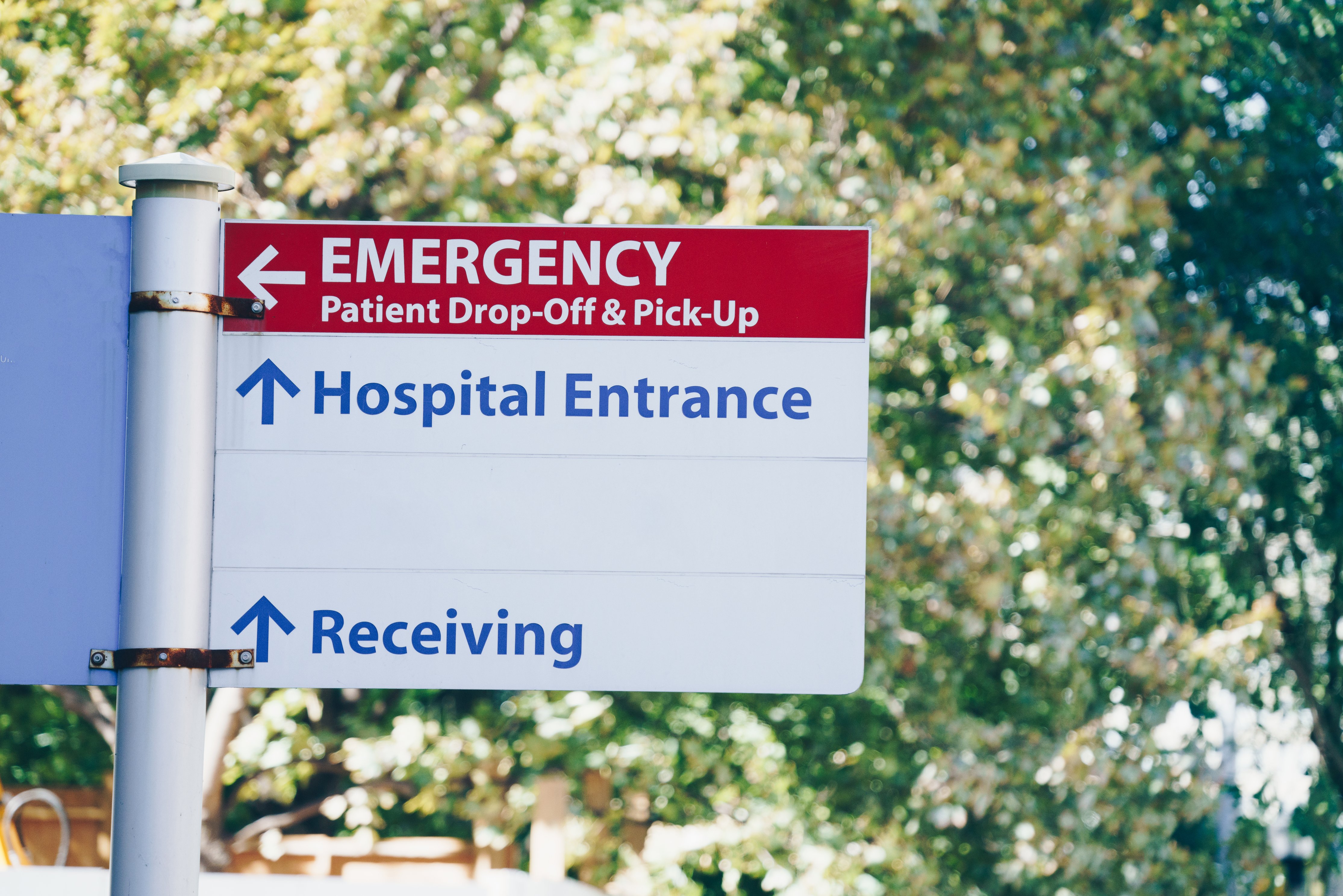When someone is seriously injured in a car accident, usually their biggest concern is how overwhelmingly expensive it can be to receive medical attention. This post will offer some overview and insight into how medical bills get covered after a car accident.
Personal Injury Protection (PIP)
Every auto insurance policy sold in Massachusetts is required to have Personal Injury Protection coverage, or PIP. PIP covers up to $8,000 of medical bills, lost wages and other out of pocket expenses. Because Massachusetts is a no-fault state, PIP benefits are available to injured persons regardless of whether or not they were at fault for an accident. PIP covers you and anyone occupying your vehicle at the time of the accident.
Med Pay
Medical Payments (or “Med Pay”) is an additional coverage that can be purchased when choosing your automobile insurance coverage. It is optional, not required. Med Pay covers reasonable expenses for necessary medical and funeral expenses incurred as the result of an accident. Insurance companies are required to offer at least $5,000 in Med Pay coverage, and Med Pay will only cover health care costs after PIP benefits have been exhausted.
Coordinating Benefits
The following is a brief explanation of the order of priority in which PIP, Med Pay and other insurance coverages pay for medical bills that result from a car accident. If you have:
No Health Insurance and No Med Pay
PIP will pay up to $8,000 in medical expenses.
No Health Insurance and Med Pay
PIP will pay the first $8,000, and then Med Pay pays.
Medicare/Medicaid (Mass Health)
PIP will pay the first $8,000, and then Medicare/Medicaid/Mass Health pays. If you have Med Pay, Medicare/Medicaid/Mass Health pays after Med Pay is exhausted.
Private Health Insurance
PIP pays the first $2,000, and the rest is submitted to the health insurance carrier. The remaining $6,000 is available to PIP claimants for lost wages and out of pocket expenses (copays, deductibles, etc.)
Fully-Funded ERISA Health Plan
PIP pays the first $8,000, then the ERISA health plan pays. If you have Med Pay, the ERISA health plan will pay after Med Pay is exhausted.
Non-Fully-Funded ERISA Health Plan
PIP pays the first $2,000, then the ERISA plan will pay pursuant to the terms of its contract. PIP will pay for any co-pays or deductibles. PIP also pays for any treatment the health plan does not cover, unless the treatment was received from an unauthorized, out of network provider.
PIP With a Deductible
Buyer beware! Many individuals who purchase this option think they are saving themselves money on their insurance premium, but it can be more costly in the long run. If you have PIP with a deductible, you are essentially agreeing to insure yourself for up to the amount of the deductible. If you buy Med Pay coverage thinking it will cover your expenses instead of PIP, think again – Med Pay will only pay after PIP has been exhausted. For example, if you have $10,000 in medical bills, PIP with an $8,000 deductible and $5,000 in Med Pay coverage, you are responsible for the first $8,000 out of pocket, and then Med Pay would pay the remaining $2,000.
Lost Wages
As mentioned above, PIP benefits also will pay for your lost wages if you are unable to work as the result of your injuries. PIP will pay 75% of your lost wages from the 52-week period prior to the accident. Lost wages are still subject to the $8,000 limit on PIP benefits. If you expect to be out of work for a long time due to your injury, much of the PIP money can be reserved for lost wages.
When Will PIP Not Pay?
In the following circumstances, PIP will NOT pay for accident-related expenses:
- The injured party was on a motorcycle, motor vehicle not subject to motor vehicle registration, or a motorized bicycle;
- The injured party was operating under the influence;
- The vehicle was being operated in committing a felony or avoiding arrest;
- The injury to oneself or others was intentional;
- The injury occurred in the course of employment and is covered by worker’s compensation insurance;
- The insured fails to abide by PIP’s “cooperation” clause;
- There is a PIP deductible;
- The injured party already recovered the medical expenses from settlement or court judgment; or
- The injured party has received duplicate payments under another no-fault policy.
To find out more or receive a free, confidential review of your case, please call Petkov Law, LLC at (617) 333-8278.
